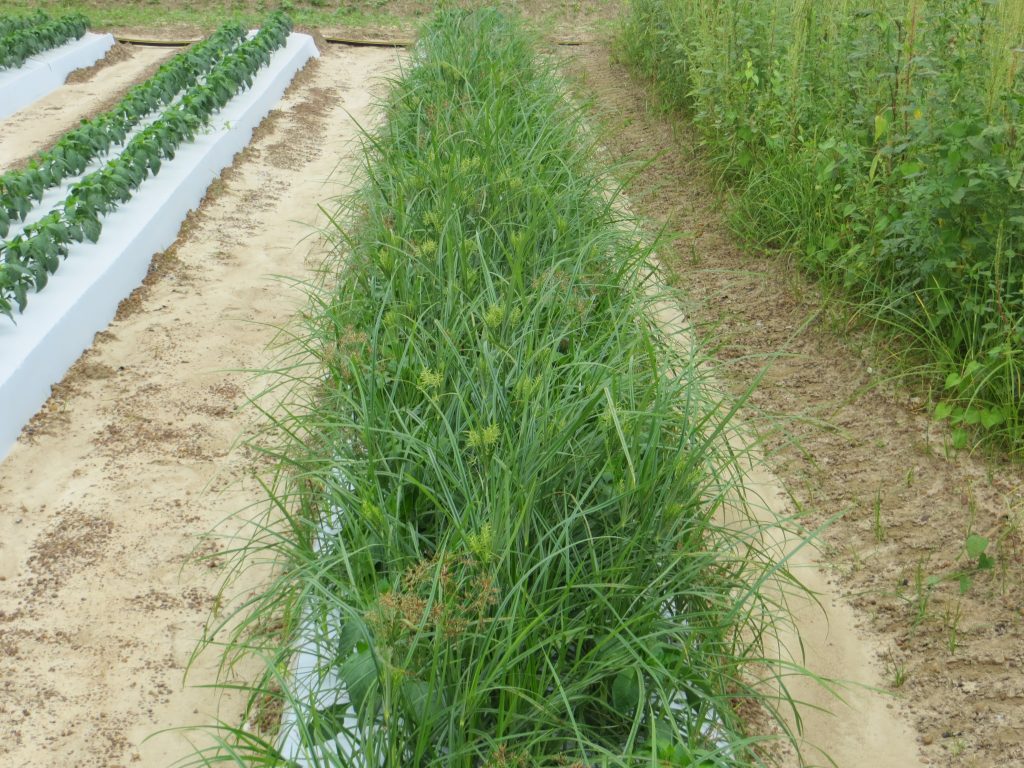
Weed management remains a vital strategy all vegetable producers need to implement in order to have a successful season.
University of Georgia Cooperative Extension weed scientist Stanley Culpepper implores farmers to stay vigilant in keeping weeds out of their fields.
“What you want to do is you want to remove weeds from the field because they compete with the crop. They compete for water. They compete for sunlight. They compete for your nutrients,” Culpepper said. “In most situations when you talk about a vegetable crop, not all, in most situations the weed is a better competitor than the crop. If you’re in corn, corn’s a really good competitor. A lot of weeds can’t compete with corn.
“But in most of our produce crops, because we start off very small and it takes a long time to get going, those weeds will basically take advantage of the lower competitiveness of the crop and then win out.”
Weeds are problematic no matter what time of the year and no matter what crop is being produced. Whether you are talking about wild radish or primrose this time of year or nutsedge in a fumigated plasticulture production system during the spring, weeds are a top priority that need to be considered before planting ever begins.
“Before you ever start a conversation, you say look vegetable weed control is really challenging. There can’t be any weed emerge at planting. It’s very likely that if we’re going to implement a herbicide program we’ve got to start it before we ever plant,” Culpepper said.
“It’s not like cotton. It’s not like corn. It’s not like soybeans where okay I made a little mistake, I’ll catch up. That does not exist in the world of weed control in southeastern vegetable production.”









